Kyiv, June 10 (V7N) — Ukraine and Russia have begun exchanging prisoners of war (POWs) in phases, a process that will continue over the coming days, Ukrainian President Volodymyr Zelensky announced on Monday (June 9). This exchange marks the first concrete outcome of the recent peace talks held in Istanbul, although no significant progress has yet been made toward ending the three-year war, reports France 24.
The agreement to exchange prisoners of war and repatriate the bodies of fallen soldiers was the only substantive result of the Istanbul discussions held earlier this month. Despite this development, Russia has maintained strict conditions for ending its offensive and has repeatedly rejected international calls for an unconditional ceasefire.
In a social media post on Monday, President Zelensky confirmed the initiation of the prisoner exchange. "A prisoner exchange has begun in several stages, which will continue in the coming days," Zelensky wrote, sharing photos of Ukrainian soldiers draped in national flags, embracing each other in celebration. "Among those we are bringing back are wounded, seriously injured, and fighters under the age of 25," he added.
The Russian Defense Ministry also confirmed the prisoner exchange, describing it as “part of the agreement reached in Istanbul on June 2.” However, both Kyiv and Moscow have withheld specific numbers regarding the prisoners released so far.
During the Istanbul talks, both sides indicated that over 1,000 prisoners of war would be exchanged, making it potentially the largest exchange since the conflict began. However, implementation of the agreement appeared in doubt over the weekend as both nations accused each other of obstruction.
On Sunday (June 8), President Zelensky accused Russia of engaging in “dirty political games” by failing to release all the wounded, sick, and young prisoners under 25, as agreed.
Conversely, Russia has claimed that Ukraine is refusing to repatriate the bodies of its deceased soldiers, alleging that the remains of 1,200 Ukrainian troops remain stored in refrigerated trucks near the border.
While the exchange of prisoners provides a glimmer of hope for humanitarian progress, analysts caution that a lasting ceasefire remains elusive. The deep mistrust between the two sides, combined with Russia’s firm demands, continues to hinder the prospects of a sustainable peace agreement.
END/MSS/AJ



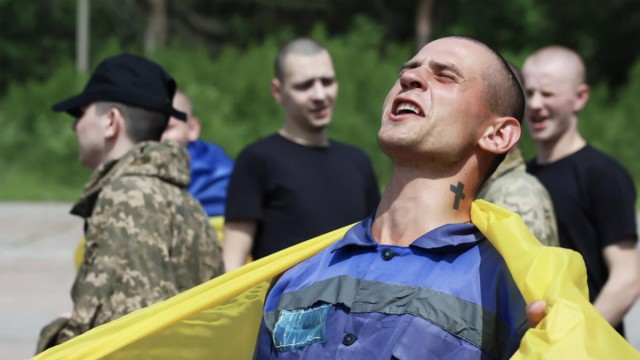
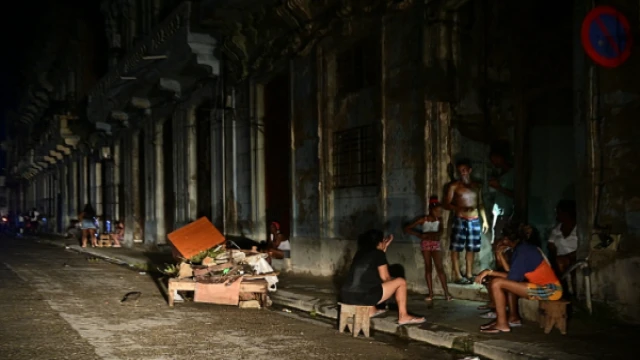
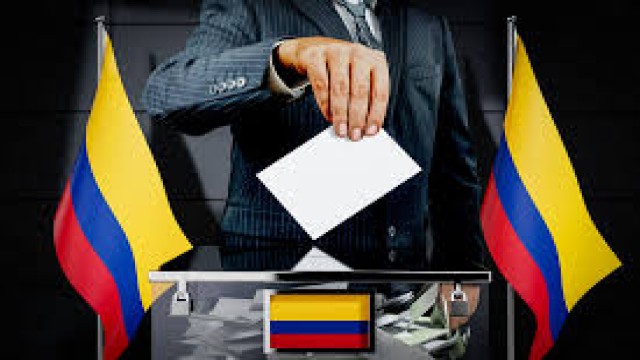
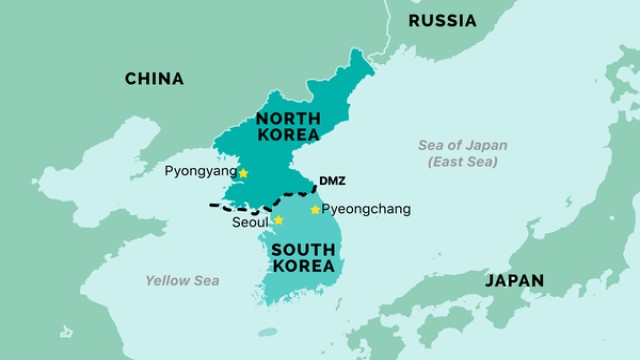
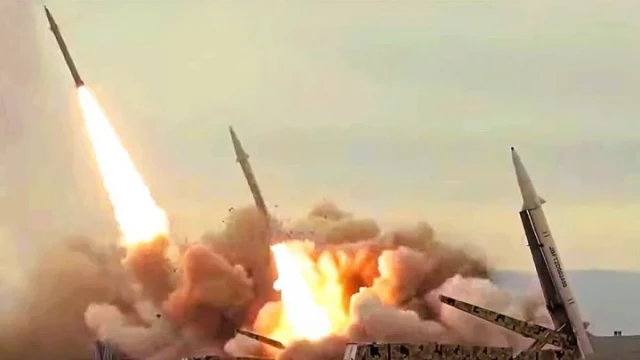
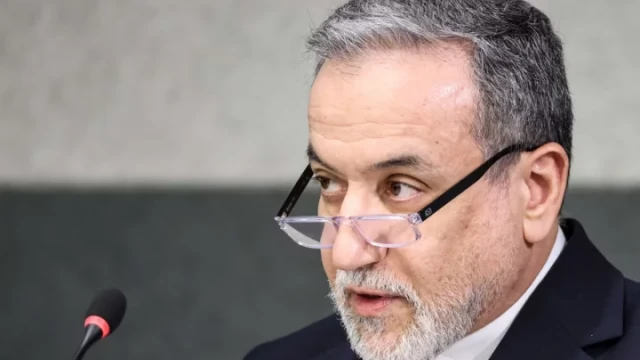
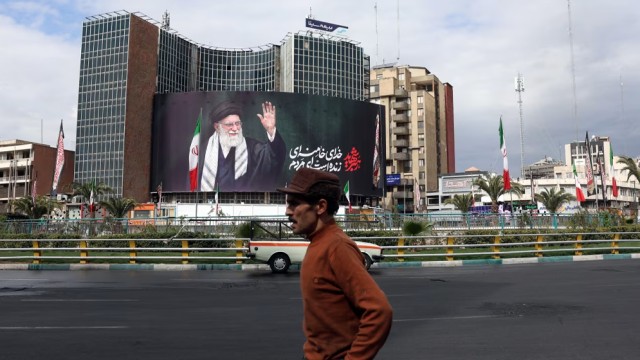

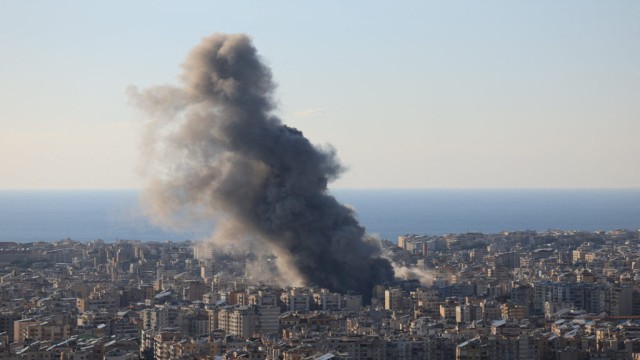
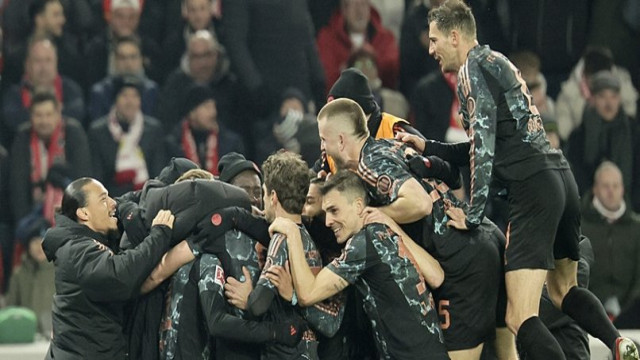
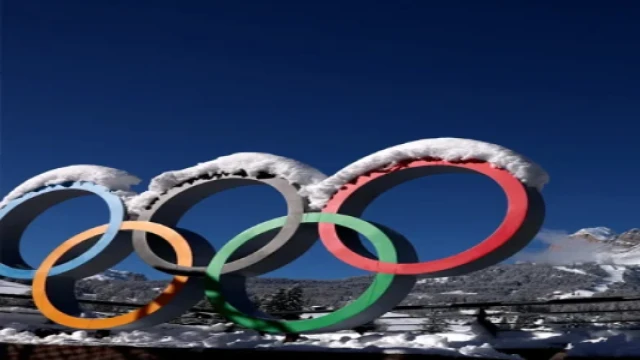
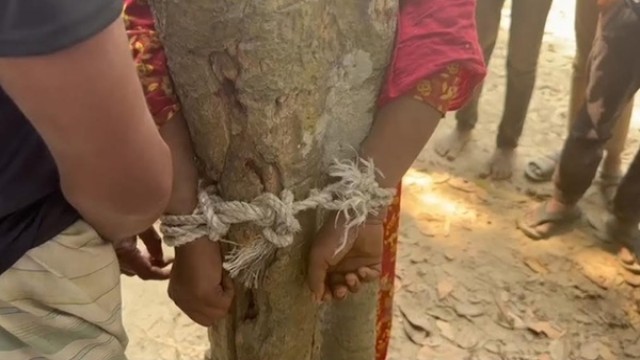
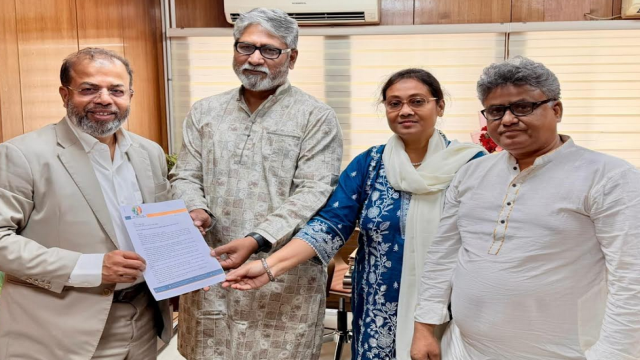
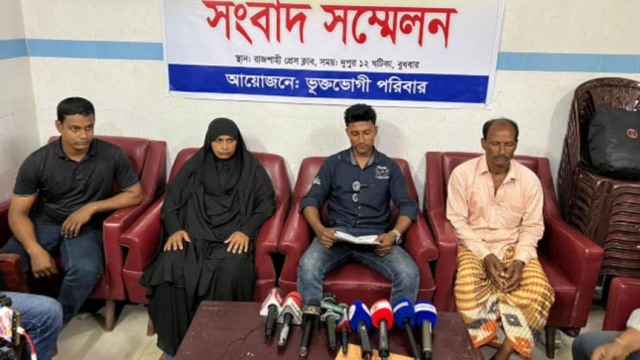











Comment: